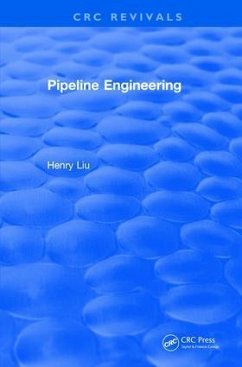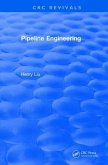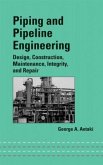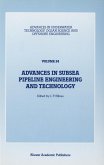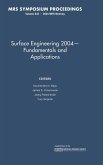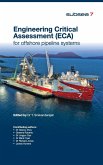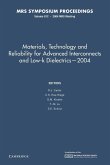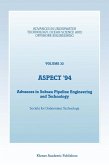Pipeline engineering has struggled to develop as a single field of study due to the wide range of industries and government organizations using different types of pipelines for all types of solids, liquids, and gases. This fragmentation has impeded professional development, job mobility, technology transfer, the diffusion of knowledge, and the movement of manpower. No single, authoritative course or book has existed to unite practitioners. In response, Pipeline Engineering covers the essential aspects and types of pipeline engineering in a single volume. This work is divided into two parts. Part I, Pipe Flows, delivers an integrated treatment of all variants of pipe flow including incompressible and compressible, Newtonian and non-Newtonian, slurry and multiphase flows, capsule flows, and pneumatic transport of solids. Part II, Engineering Considerations, summarizes the equipment and methods required for successful planning, design, construction, operation, and maintenance of pipelines.
Hinweis: Dieser Artikel kann nur an eine deutsche Lieferadresse ausgeliefert werden.
Hinweis: Dieser Artikel kann nur an eine deutsche Lieferadresse ausgeliefert werden.

